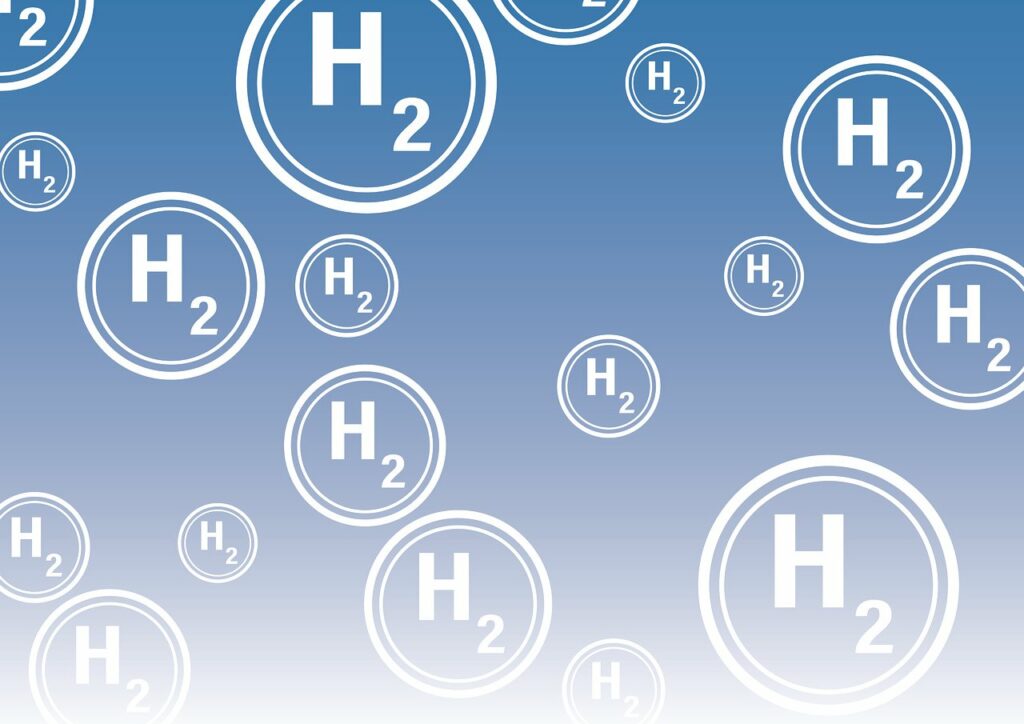In a strategic move towards understanding the potential risks associated with hydrogen as a ship fuel, the European Maritime Safety Agency (EMSA) has initiated a call for tenders for a comprehensive study. With a budget of 450,000 euros, the AESM aims to delve into the specific hazards that hydrogen may pose in the maritime environment.
This proactive approach underscores the agency’s commitment to ensuring that the pursuit of hydrogen as a decarbonization solution does not compromise the safety of crews and the delicate marine ecosystems.
The call for tenders, anchored in Lisbon, reflects the urgency to comprehend the unique risks tied to hydrogen as a maritime fuel. Hydrogen, known for its high flammability and the potential for leaks due to its minuscule molecular size, poses inherent dangers. The study will scrutinize the chemical and physical properties of hydrogen, addressing concerns such as asphyxiation, burns, and the challenges associated with its storage in liquid form at extremely low temperatures.
The study will concentrate on the direct use of hydrogen in maritime operations, excluding derivatives like methanol and ammonia. However, it will encompass the conversion processes of these derivatives into hydrogen onboard ships. The contractor is tasked with a thorough assessment of the reliability of critical components, including fuel cells, internal combustion engines, tanks, and the intricate management of hydrogen evaporation, commonly known as “boil-off.”
With a targeted completion date set for 2025, the study aims to compile existing standards and best practices. By identifying regulatory gaps, the EMSA seeks to offer guidance to European ships contemplating the integration of hydrogen as a fuel source. The comprehensive report is poised to provide a roadmap for safe and sustainable hydrogen adoption in the maritime industry.
The call for tenders, open until December 4, 2023, signifies a pivotal step in fostering a safer maritime future amidst the evolving landscape of energy sources. EMSA’s commitment to proactively address potential hazards aligns with the broader industry goal of sustainable and secure maritime operations.
